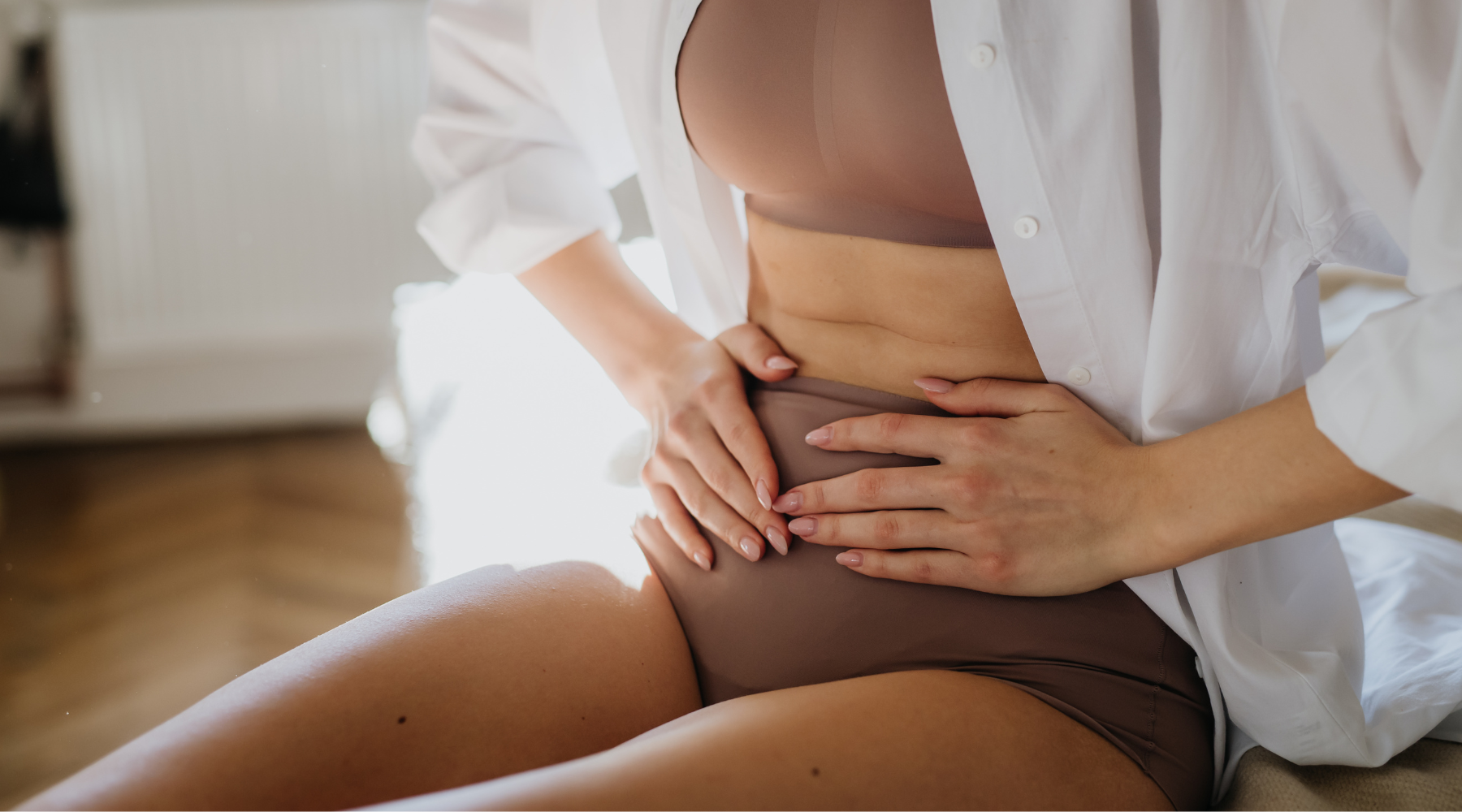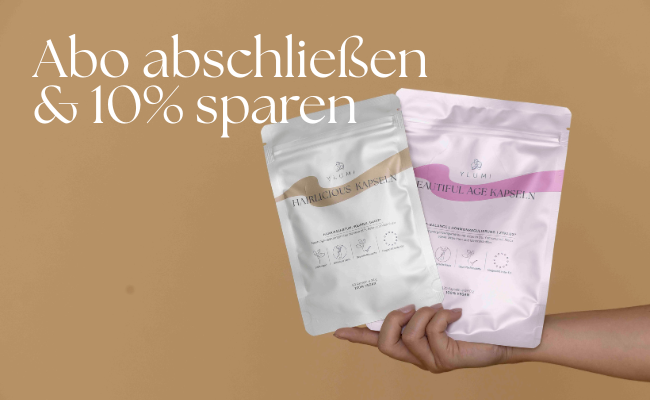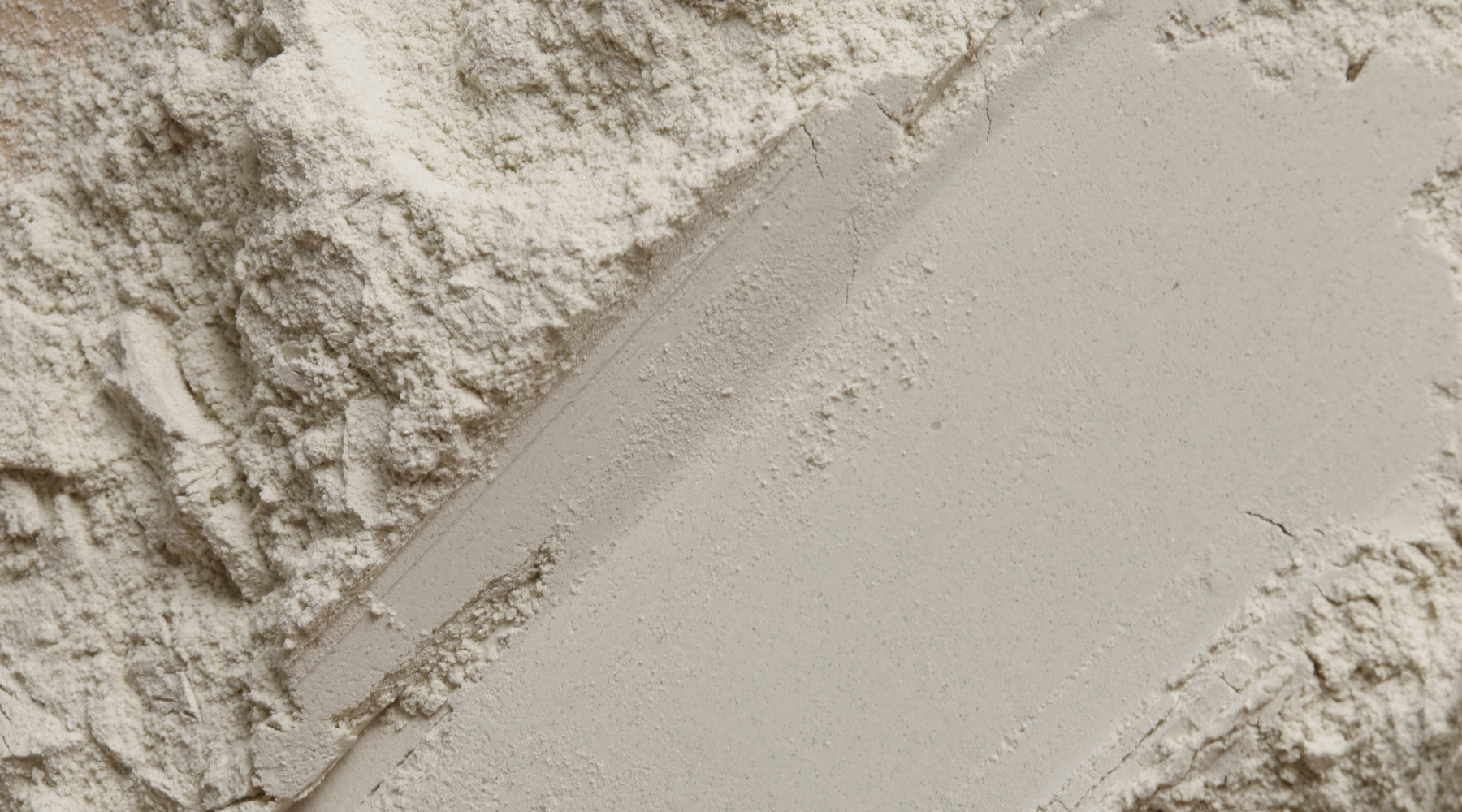
PMS - WHAT IS BEHIND IT AND WHAT REALLY HELPS?
In the days before their period, many women struggle with water retention, breast pain, fatigue, or mood swings. This is usually due to a hormonal imbalance – premenstrual syndrome (PMS).
What is PMS and how does it arise?
PMS refers to a set of symptoms that occur in the second half of the menstrual cycle and can include a variety of discomforts, including mood swings, bloating, headaches, breast pain, and fatigue. The exact causes of PMS are not yet fully understood, but hormonal fluctuations—particularly in progesterone and estrogen—as well as changes in serotonin levels are thought to play a role.
Causes and influencing factors
Hormonal fluctuations are at the heart of PMS research. The rise and fall of estrogen and progesterone can affect brain chemistry, leading to PMS symptoms. In addition, stress, lack of exercise, an unhealthy diet, and certain lifestyle factors can exacerbate the severity of symptoms.
PMS types
There are different types of PMS, which differ in their predominant symptoms. These include:
PMS-A (anxiety)
Characterized by emotional symptoms such as anxiety, irritability and mood swings.
PMS-H (hyperhydration)
Includes water retention, bloating, and weight gain.
PMS-C (cravings)
Includes cravings, especially for sweets or carbohydrates.
PMS-D (depression)
Symptoms include depression, thoughts of hopelessness, and self-doubt.
Treatment approaches and effective nutrients
PMS treatment can be achieved through a combination of lifestyle changes, dietary changes, and the supportive use of specific supplements. Here are some nutrients and supplements that have been shown to be helpful:
• Vitamin D: Can help relieve PMS symptoms by stabilizing mood and supporting the immune system.
• Maca: Often used to promote hormonal balance and can help with mood swings and loss of energy.
• Cordyceps: Can increase energy and improve endurance, which is especially useful for those suffering from PMS-related fatigue.
• OPC from grape seed extract: Has antioxidant properties and can reduce inflammation, which can contribute to PMS symptoms.
• Essential amino acids: Amino acids are the building blocks of proteins and play a central role in numerous bodily functions, including hormone synthesis and neurotransmitter production, which are critical for mood regulation.
• Coenzyme Q10: Supports energy production at the cellular level and can help reduce the fatigue often associated with PMS.
• Vitamin B6: Plays an important role in regulating mood and behavior by aiding in the production of neurotransmitters such as serotonin and dopamine. Studies have shown that vitamin B6 can improve PMS symptoms, including mood swings (Wyatt, K.M., Dimmock, P.W., Jones, P.W., & O'Brien, P.M.S., 1999).
• Vitamin E: Has antioxidant properties and may be effective in relieving breast tenderness and pain, which are common complaints of PMS (London, RS, Murphy, L., Kitlowski, KE, & Reynolds, MA, 1987).
• Active Folate (Folic Acid): Supports overall mental health and may help relieve depression associated with PMS. Folic acid is important for the production of serotonin and other neurotransmitters that affect mood (Young, SN, 2007).
• Vitamin C from Acerola: Vitamin C is important for overall health and the immune system. Acerola cherries are one of the richest sources of vitamin C and provide additional antioxidant support, which may be useful in reducing PMS symptoms.
• Alpha-linolenic acid from flaxseed oil powder: Omega-3 fatty acids, especially alpha-linolenic acid, may have anti-inflammatory effects and help regulate hormonal fluctuations that can cause PMS symptoms (Lucas, M., Asselin, G., Merette, C., Poulin, MJ, & Dodin, S., 2009).
• Zinc: An important mineral that can help regulate menstrual cycles and maintain hormone balance. Zinc plays a role in nervous system function and may help reduce mood swings and irritability associated with PMS (Chuong, CJ, & Dawson, EB, 1994).
Lifestyle changes and complementary treatments
In addition to nutritional supplements, lifestyle changes and complementary treatments can also play a significant role in relieving PMS symptoms. Regular exercise, stress management techniques such as yoga or meditation, and a balanced diet rich in fruits, vegetables, and whole grains can improve overall well-being and alleviate PMS symptoms.
Conclusion
PMS is a complex condition whose symptoms can be influenced by a combination of hormonal fluctuations, diet, lifestyle, and psychological factors. By better understanding the different types of PMS and the role specific nutrients and supplements can play, it is possible to develop individually tailored treatment plans to help relieve symptoms.




